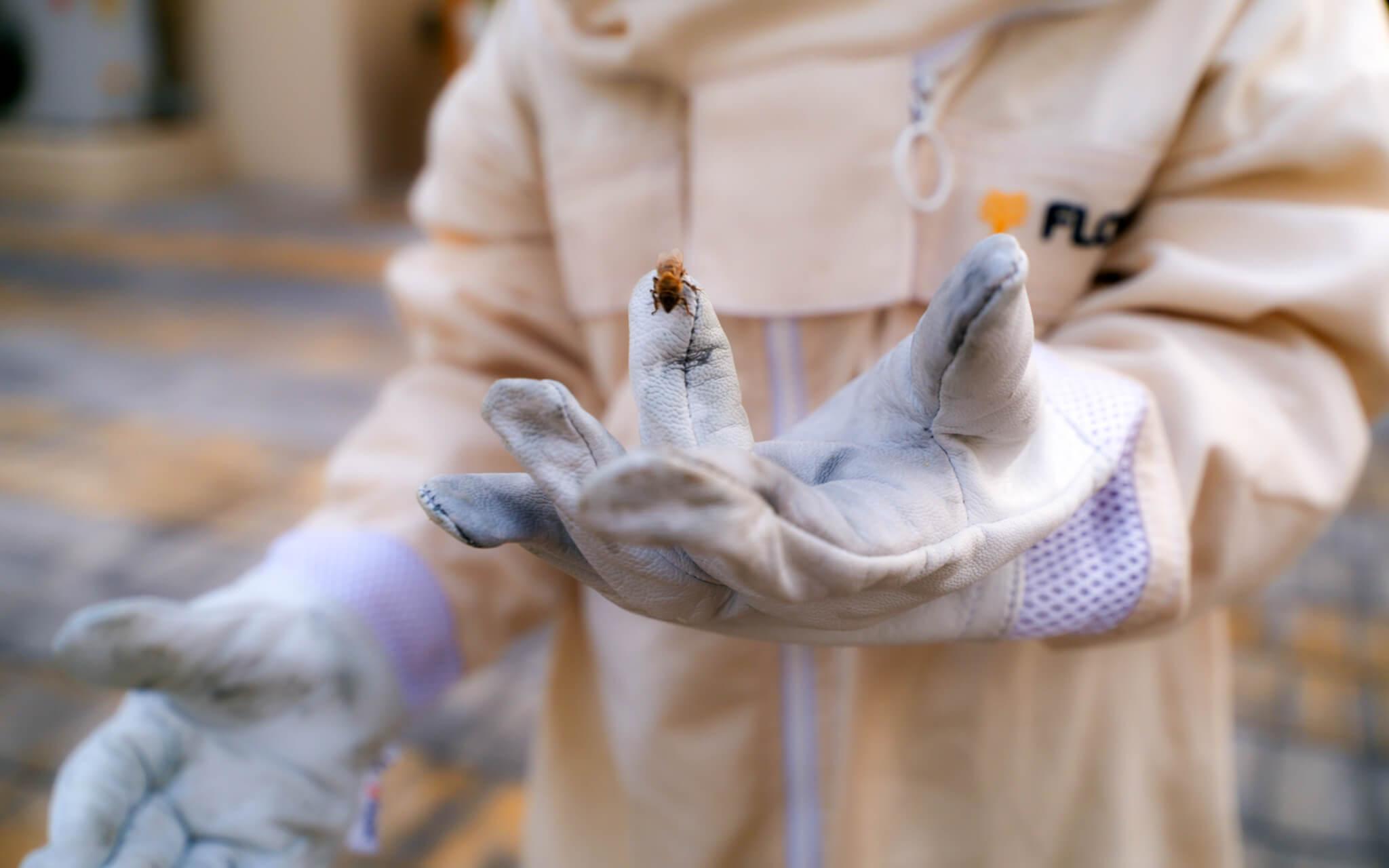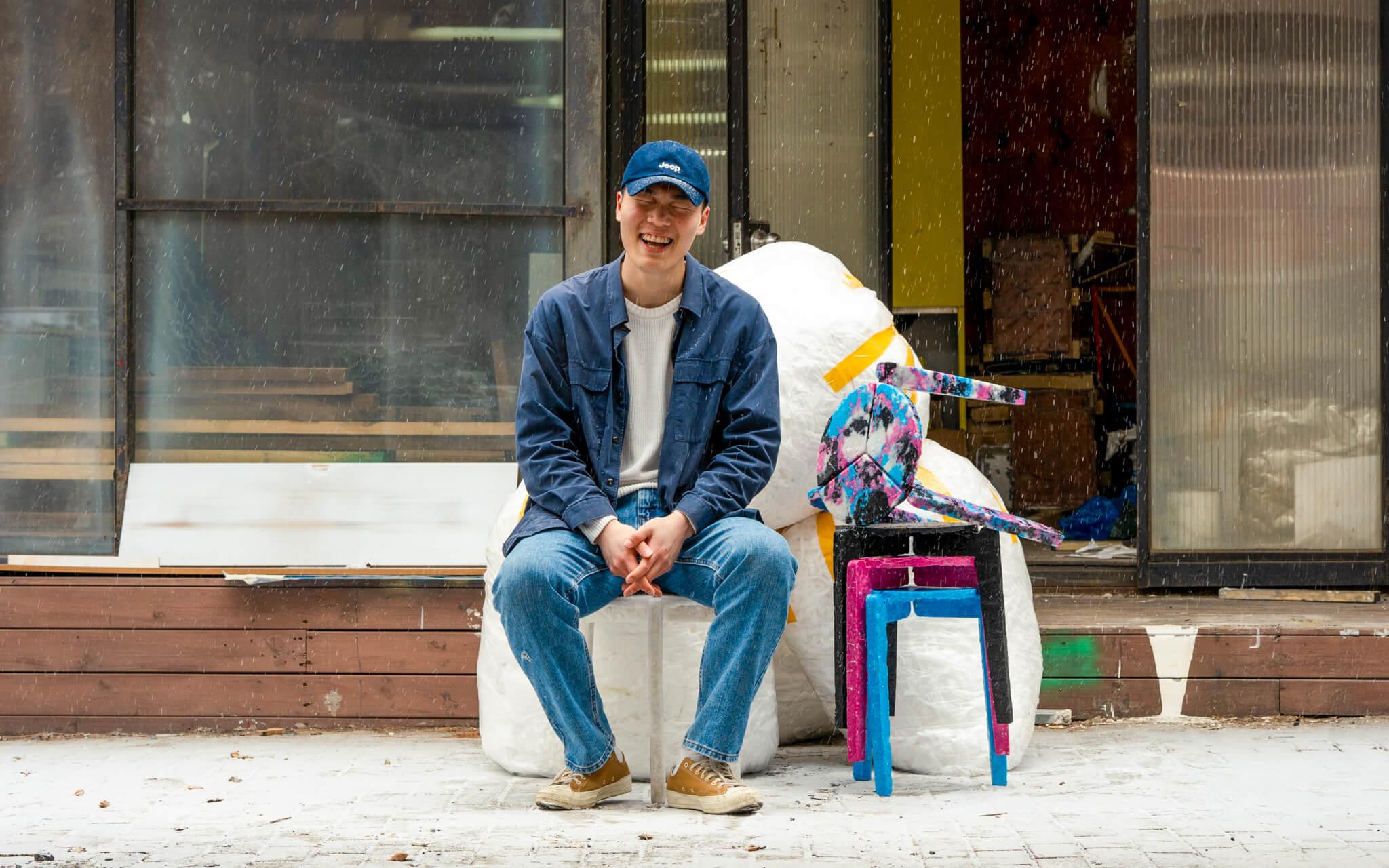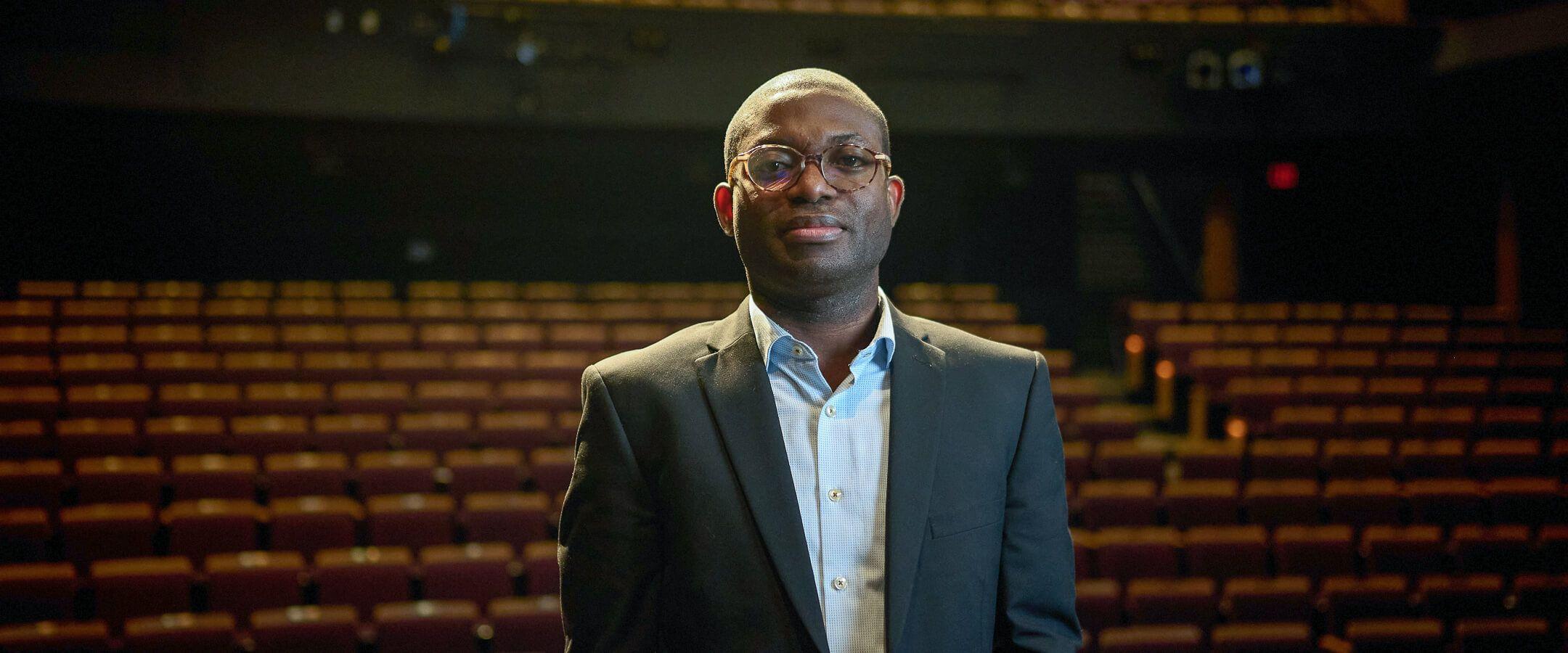The Congolese Women Defending an Ecosystem
Neema Namadamu is unearthing the Democratic Republic of Congo's most overlooked asset - its women. As founder of Hero Women Rising, she's sparking change in one of the world's most vital ecosystems.
"Women are the solution, dear sister," Neema Namadamu says, encapsulating her powerful vision perfectly.
In a country with a history as rich as its natural resources and as complex as its conflicts, Neema empowers women to become guardians of their land and architects of their future.
Born in the remote Itombwe forest region of South Kivu province, Neema fondly recalls her childhood. "When I was a little girl, you see many trees, you hear the winds and river around the houses and animals jumping, monkeys from some forest to another forest through villages," she reminisces. However, Neema's path was forever altered when she contracted polio at age two.
In her community's cultural context, a girl's value was primarily measured by her marriageability. "All girls must be married in our culture in DRC," she explains. "Especially in my tribe, a girl is born to be married. She's like a business for a family to get a dowry."
Neema’s disability threatened to strip away her perceived value in society. "When I got polio, I was considered a lost cause for my family," Neema recalls. Yet, what could have relegated her to a life of marginalisation instead became the catalyst for an extraordinary journey.
Determined to defy expectations, she became the first woman from her ethnic group with a disability to earn a university degree and later served in various government roles, including as Chief Advisor to the DRC's Minister of Gender and Family.
Neema’s personal triumph is set against the backdrop of the DRC’s complex history of immense potential marred by devastating exploitation. In the late 19th century, King Leopold II of Belgium’s brutal rubber-harvesting colonisation killed an estimated 10 million Congolese -half of the country’s population at that time. This dark chapter set a precedent for resource exploitation that continues to this day, albeit in different forms.
International mining companies extract valuable minerals such as cobalt, copper, gold, and coltan from Congolese soil. These operations often come at a great cost to the environment and local communities.
"When you move those minerals, it's like you move the heart of the forest," Neema observes.
Women are the solution, dear sister
In 2012, frustrated by the lack of impact she could make through official channels, Neema founded Hero Women Rising with a powerful vision.
“We envision a peaceful and prosperous eastern Congo, where women have equal access to meaningful decision-making at all levels and are empowered to contribute to society according to their own inspiration."
Hero Women Rising's flagship program, ‘Reforesting Women,’ addresses both environmental degradation and women's empowerment. The Congo Basin’s lush forests, known as the ‘lungs of Africa’, absorb six times more CO2 than the Amazon and are under increasing pressure from deforestation due to agriculture, mining, and the demand for fuel.
"Without trees, no life in my area," Neema explains. "And you can't separate women from the community or Mother Earth."
“Men are so busy fighting or looking for work, but women, they are busy planting trees, harvesting, doing all the work on the ground,” she says.
The program trains and employs local women to plant trees, protecting and restoring old-growth forest cover while providing sustainable livelihoods. Since its inception, over 300,000 trees have been planted, and thanks to partner WECAN, there are plans to plant another 140,000 more this year. Neema emphasises the global impact of their work: "When we plant trees, we can give that oxygen to the whole world. We are the solution."
The project also works to change the dynamics of land ownership and raise the status of women in DRC society. Namadamu explains, "The DRC Forest Code said if you're planting trees in an area, the trees are yours, and you own that place." This provision allows women to become landowners, a significant step in a traditionally patriarchal society.
Hero Women Rising's work extends beyond reforestation. The organisation runs educational programs, supports girls' school attendance by producing reusable menstrual pads, and provides entrepreneurship training. "When you are not educated, people will come and take you wherever they want to take you - because you are not thinking for yourself. Education is really key," Neema emphasises.
Beatrice Woody, a partner in Hero Women Rising, highlights the holistic impact of their programs: "Neema's staff has taught the women about planting their own foods, and it has significantly impacted the whole issue of food security." She adds, "I've seen firsthand that when a small group of women get together, no matter how small, things happen, things change, things are created, and communities are developed."
Importantly, Neema is clear that this is not about displacing men but about transforming systems. "We are not fighting with men. No. We are fighting systems," she states. This nuanced approach recognises that true change comes from challenging underlying structures rather than individuals.
Neema Namadamu and Hero Women Rising demonstrate that with determination, vision, and community support, even the most daunting obstacles can be overcome.
As Neema declares, "Women of Congo, they are the solution for climate change."
When women rise, entire communities and ecosystems thrive.
Most Popular
The Climate Tribe delivers stories about Biodiversity and Conservation, Circular Economy, Food and Water , and how they intersect with climate.
Subscribe
Get the latest stories inspiring climate action around the globe straight to your inbox.






